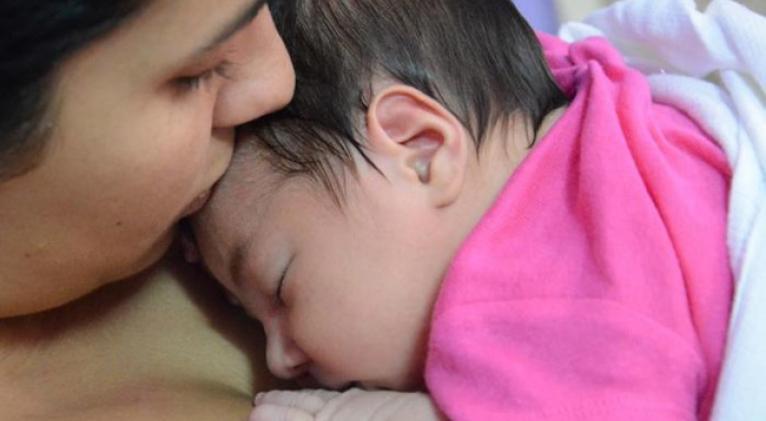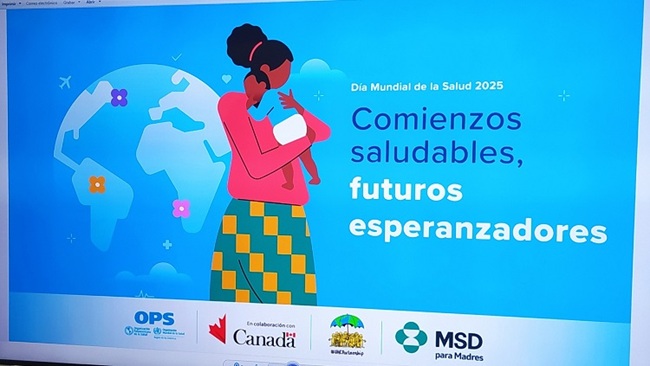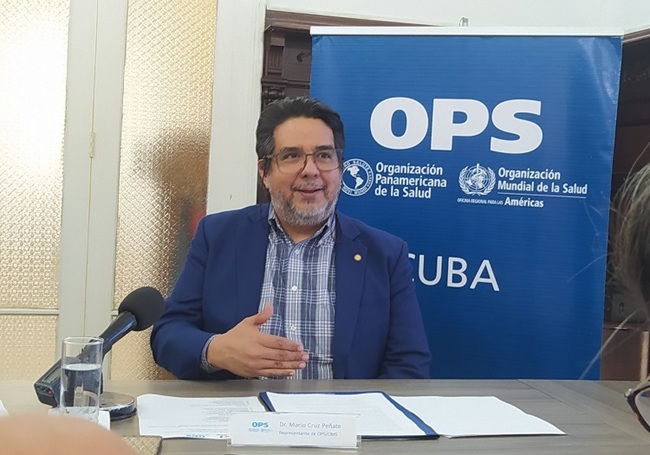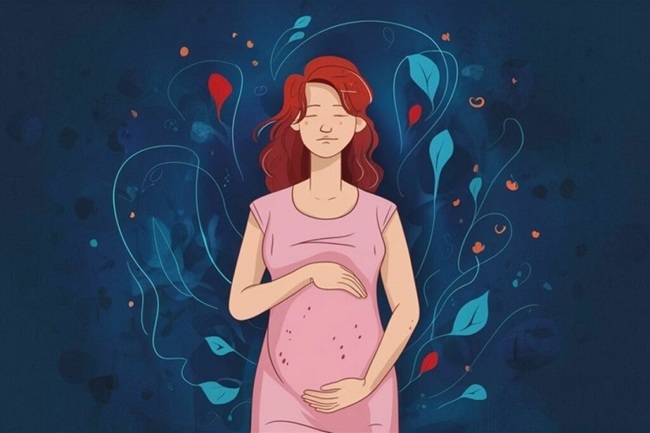Pregnancy and Childhood in the Spotlight
especiales

Maternal mortality is a global health problem today. According to data provided by the World Health Organization (WHO), nearly 300,000 women die each year during pregnancy or childbirth; while more than two million newborns die in their first month, and around two million more are stillborn.
These fateful statistics mean that every seven seconds, a preventable death of a woman or child occurs.
The impact of these numbers confirms, above all, the inequalities between nations in accessing quality healthcare services, as well as the deep gaps between rich and poor within countries.
In contrast to this context, Cuba stands out in the way it manages its strategies for assisting pregnant women, postpartum women, and young children.
To this end, it has the Maternal and Child Care Program, which, together with the political will of the State, guarantees specific monitoring and control of these women and infants throughout the country.
According to data from the Ministry of Public Health (MINSAP), at the end of 2024, the infant mortality rate remained at 7.1 per thousand live births (equal to the figure for the previous period). Meanwhile, maternal mortality was 40.6, compared to 38.7 per 100,000 live births recorded in 2023.

Without overlooking Cuba’s socioeconomic complexities, last year the institutions of the National Health System undertook a complex health intervention—an example of innovative healthcare processes within the sector—that successfully completed an evaluation of 100% of pregnant women and infants in the country.
Another priority currently on the agenda of the daily work of MINSAP institutions and agencies is adolescent pregnancy and strategies to reduce this problem.
Training, advocacy and prevention workshops, and exchange programs with these age groups and families were some of the containment actions.
In line with these projections, Cuban health authorities are joining the WHO campaign dedicated to maternal and newborn health in 2025.

Under the slogan "Healthy Beginnings, Hopeful Futures," its objective is to end preventable maternal and infant deaths.
This initiative will mark the World Health Day celebrations starting April 7th, with the centerpiece of the event in the Caribbean nation, held in the province of Villa Clara on April 9th. This recognition is given to the province because it has not reported any deaths from pregnancy, childbirth, or postpartum in the past two years.
The event will also be an opportunity to examine the impact of teenage pregnancy nationwide.
Cuba and Reproductive Health
Regarding Cuba's efforts to curb the impact of this situation on the reproductive health and social and personal lives of this age group, Dr. Mario Cruz Peñate, representative of the Pan American Health Organization (PAHO/WHO) in the Caribbean nation, tells CubaSi about some cooperation strategies that support the national health system in addressing these challenges:
"From our office, we have contributed to the methodology to expand adolescent participation in reducing pregnancy and to a more comprehensive approach to preventing sexually transmitted infections and promoting responsible sexuality. All of this has been taken into account from the perspective of adolescents themselves."

"Our headquarters, together with the staff of Cuban institutions, has prepared educational materials and workshops to train peers among adolescents themselves and with their own perspectives. So far, we have implemented the exercises in three Cuban provinces through Prosalud and local teams. We hope to continue using these educational methods in different territories.”
Similarly, Dr. Cruz Peñate explained that PAHO/WHO and other UN agencies work with and support the Ministry of Public Health (MINSAP) in multiple areas. These include counseling and access to contraceptives and adolescent pregnancy monitoring.

Hence, the training of health personnel is vital to strengthen their skills in caring for obstetric emergencies, as well as the exchange of experiences and best practices, particularly in those places that have managed to reduce and maintain the number of maternal deaths at zero, Cruz Peñate commented.
According to the official, PAHO has supported training in genetic surveillance and provided technical advice on updating the maternal and child health program, so that these updates, reviewed and updated, reach the responsible teams in all the country's provinces.
The World Health Day celebrations can be the spur that continues to promote increasingly better ways of managing the problems that affect maternal and neonatal survival to promote "Healthy Beginnings and Hopeful Futures."
Translated by Amilkal Labañino / Cubasi Translation Staff














Add new comment